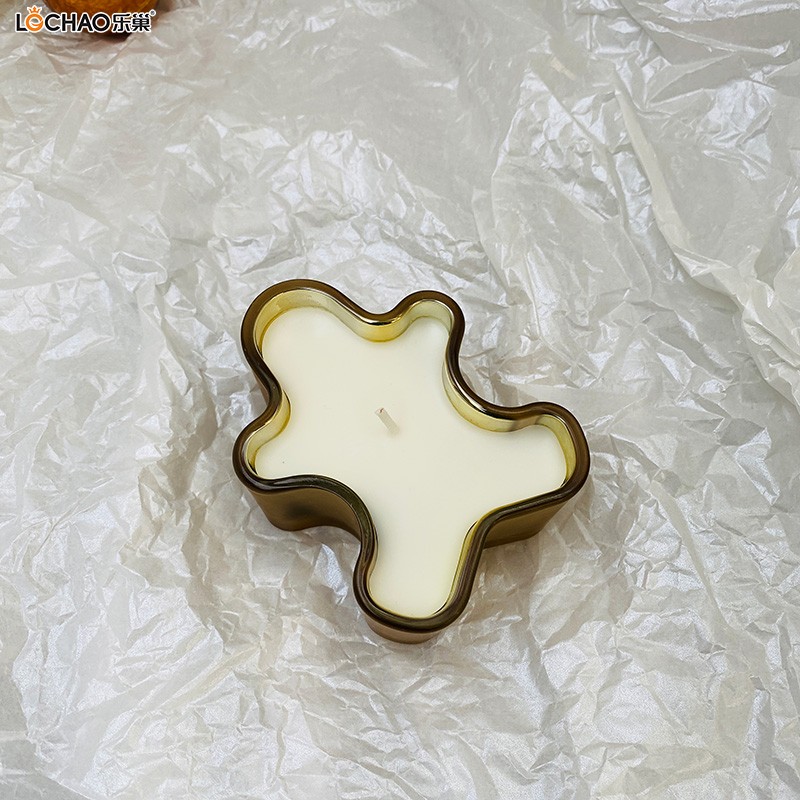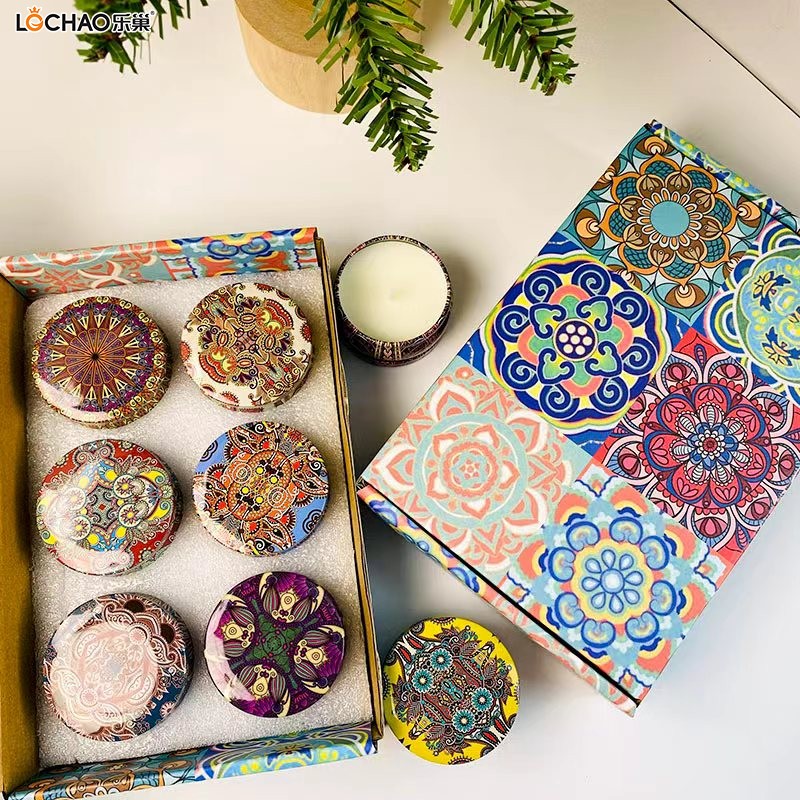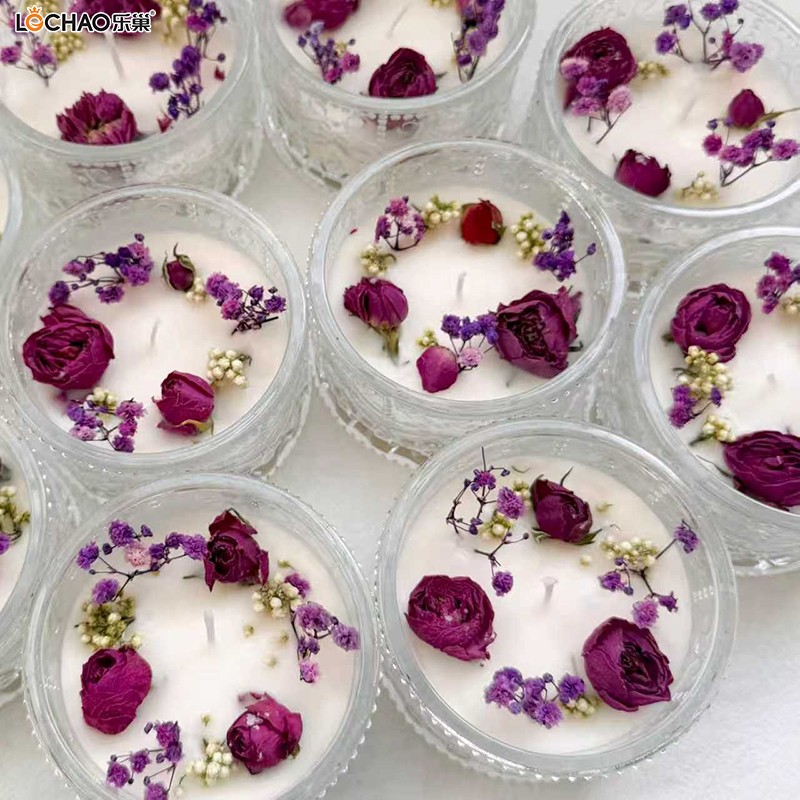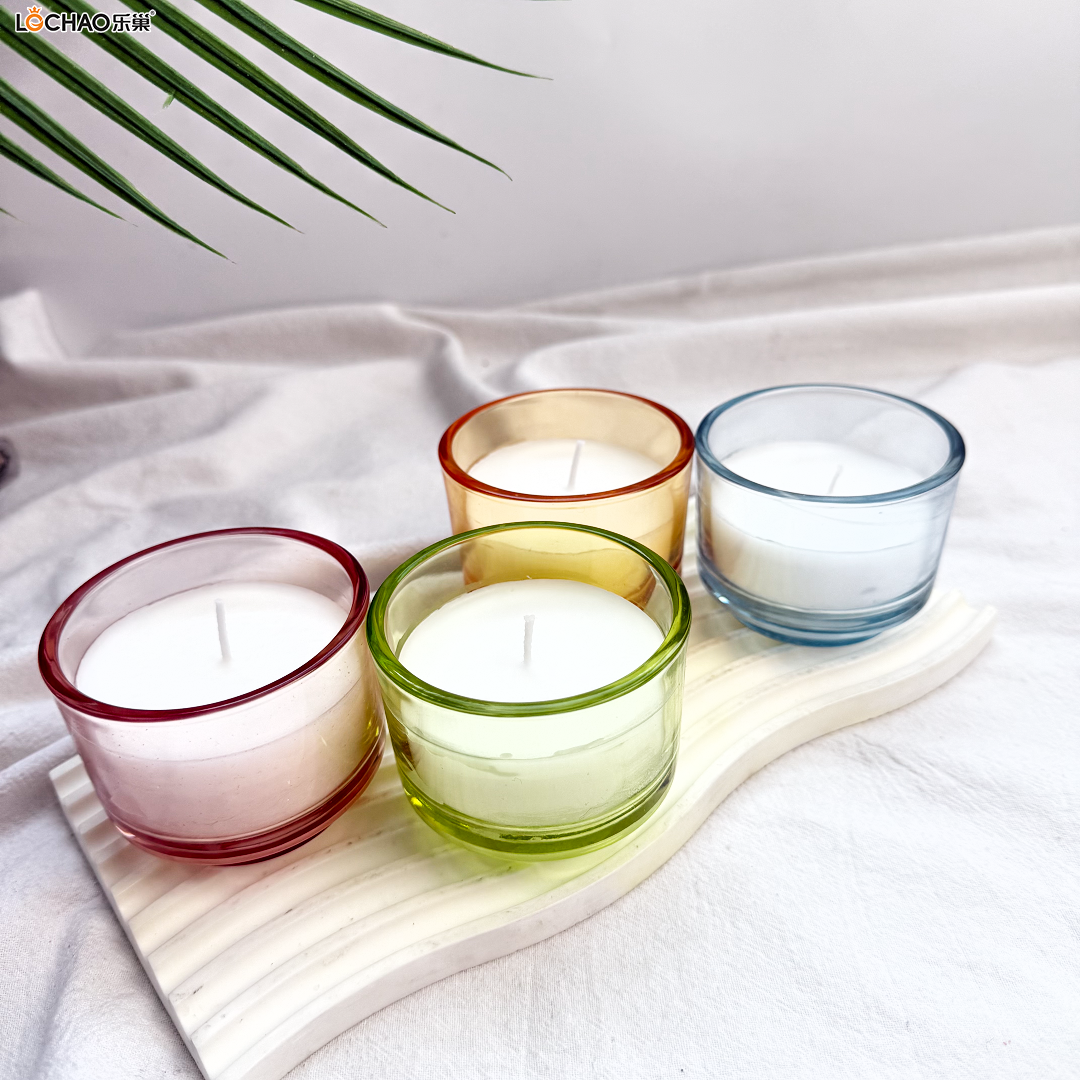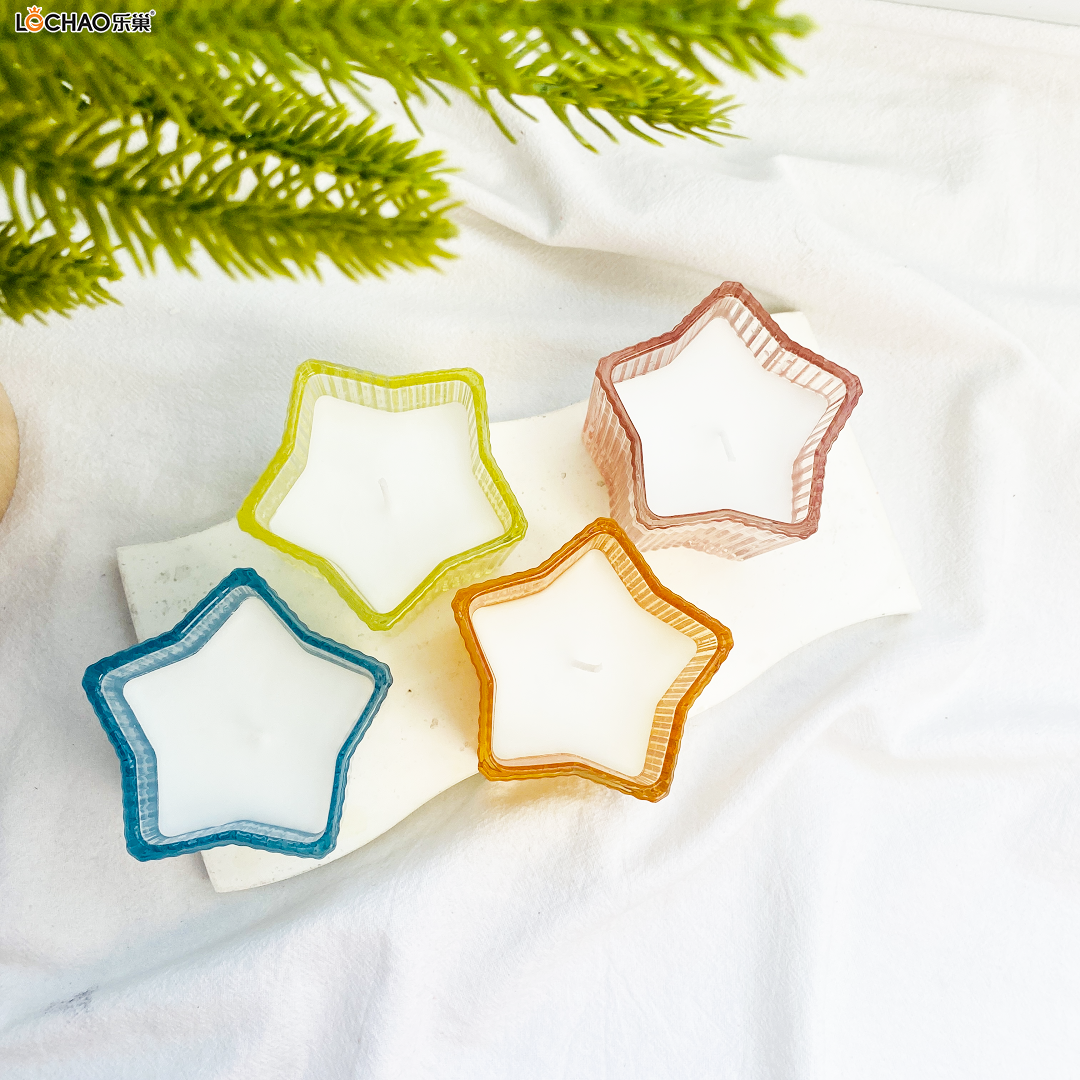In today's fast-paced modern life, aromatherapy is no longer merely a "scented decoration" but a powerful tool for regulating mood, creating ambiance, and enhancing quality of life. However, not all aromatherapy products are "one-size-fits-all" — the lavender scent that aids sleep in the bedroom may make you drowsy in the office, while the energetic citrus scent perfect for parties can feel too noisy in a study. Recently, combining advice from fragrance experts and consumer testing experiences, our reporter has compiled a "scene-specific aromatherapy selection guide" to help you choose the right scents for different occasions, ensuring aroma truly "adds value" to your life.
Home Scenes: Space-Specific Matching for Comfort and Practicality
Home is the most frequent place to use aromatherapy, but the living room, bedroom, and bathroom serve different functions, so aromatherapy choices need to be "tailored to the space".
As the core area for family activities, the living room requires scents that balance family acceptance and guest-receiving ambiance, making wooden and herbal notes ideal. For example, woody scents like cedarwood and sandalwood exude a calm texture, while pairing them with herbal notes such as rosemary and mint can neutralize dullness without being overly strong — perfect for daily relaxation or receiving visitors. Ms. Li, a fragrance expert, suggests: "For the living room, choose flameless aromatherapy or aroma diffusers with a wide diffusion range. Place them in well-ventilated areas to allow the scent to spread naturally, and avoid positioning them near sofas, dining tables, or other crowded spots."
The bedroom’s core need is "aiding sleep and relaxation", so it’s important to avoid strong, stimulating scents. Gentle notes like lavender, chamomile, and cedarwood are more suitable. These aromas can inhibit sympathetic nerve excitement through the olfactory system, helping to relieve anxiety. Notably, the concentration of bedroom aromatherapy should not be too high. It’s recommended to use small-capacity scented candles or bedside aroma diffusers, turning them on 1 hour before bedtime and off during sleep to avoid prolonged inhalation affecting respiratory health.
Bathrooms are ideal for fresh citrus or marine notes, such as lemon, bergamot, and sea salt. The humid environment of bathrooms can be balanced by these fresh scents, which neutralize dampness and odors, creating a clean and refreshing atmosphere. Additionally, waterproof aromatherapy products like wall-mounted flameless aromatherapy or scented soaps are preferred for bathrooms, as they are both practical and enhance the pleasure of washing.
Office Scenes: Refreshing Without Disturbing, Balancing Focus and Comfort
The key to office aromatherapy is "not disturbing others while boosting work efficiency". It’s best to avoid sweet, strong floral or gourmand notes and prioritize refreshing scents like lemon, grapefruit, and peppermint. Studies have shown that citrus scents can stimulate the brain to secrete dopamine, improving concentration and reaction speed, while peppermint can relieve fatigue — ideal for combating mid-afternoon slumps.
Considering the shared office environment, aromatherapy choices should prioritize "low interference". Flameless aromatherapy or small aroma diffusers are the best options; place them near your personal workstation and avoid using scented candles or other open-flame products (prohibited in most workplaces). Concentration control is also crucial — opt for light-scented products. If colleagues are sensitive to fragrances, choose "personalized aromatherapy" such as aromatherapy bracelets or mini desktop aroma bottles to meet your needs without affecting others.
Social Scenes: Aligning with Ambiance to Bridge Relationships
Aromatherapy for social occasions needs to "align with the scene’s atmosphere" and act as an "invisible helper" for interpersonal relationships.
For lively and casual gatherings like friend get-togethers or family parties, fruity notes (e.g., sweet orange, mango, passion fruit) or fresh floral notes (e.g., rose, jasmine) are suitable. These scents create a cheerful and pleasant atmosphere, encouraging communication. For instance, placing a scented candle with a blend of citrus and berries at a birthday party complements the festive mood with its warm aroma.
For formal occasions like business dinners or professional salons, aromatherapy should reflect "calmness and professionalism". Wooden notes such as sandalwood, agarwood, and cypress are preferred, paired with a hint of lavender or rosemary to exude elegance without being ostentatious. It’s important to note that aromatherapy at social events should be "supportive rather than dominant". The concentration should not be too high to avoid overpowering food aromas or disrupting conversations. Place aromatherapy products in corners or near entrances to let the scent blend naturally into the environment.
Wellness Scenes: Precise Matching to Relieve Emotional Stress
For wellness scenarios like yoga, meditation, and at-home SPA, the core role of aromatherapy is "aiding emotional regulation", so scents should be chosen based on specific needs.
During yoga or meditation, to achieve "mental calmness", sandalwood, cedarwood, and lavender are classic choices — these scents help relax the body and mind, and improve focus. If you’re feeling anxious or stressed, opt for notes like neroli and bergamot, known as "emotional healers" for their ability to relieve tension and release pressure.
For at-home SPA, aromatherapy can be deeply integrated with the "relaxation experience". Scents like rose, ylang-ylang, and sandalwood paired with essential oil massages not only nourish the skin but also soothe the body and mind through the olfactory nerves. In this case, it’s recommended to use an aroma diffuser with pure essential oils, placing it in the bathroom or SPA area. The combined effect of water temperature and aroma enhances the wellness experience. Aromatherapy wellness experts remind that for wellness scenes, "focus on your own feelings" — if you’re sensitive to a certain scent, stop using it immediately and choose a milder alternative.
Shopping Tips: Avoid Missteps for Safe and Suitable Aromatherapy
Regardless of the occasion, when choosing aromatherapy products, prioritize "safety and suitability".
First, opt for products with natural ingredients and avoid those containing synthetic fragrances or low-quality alcohol, as these may irritate the respiratory tract and harm health with long-term use.
Second, select the right aromatherapy form for the scene — for example, avoid open flames in the bedroom and strong scents in the office.
Finally, be mindful of "scent layering" — do not use multiple aromatherapy products in the same space, as mixed scents may produce unpleasant odors.
The essence of aromatherapy is "adding beauty to life". Only by choosing the right scents for each scene can aroma truly integrate into daily life and 发挥 its maximum value. Feel free to match exclusive aromatherapy for different occasions based on your needs, and let every whiff of fragrance become a "little happiness" in life.

